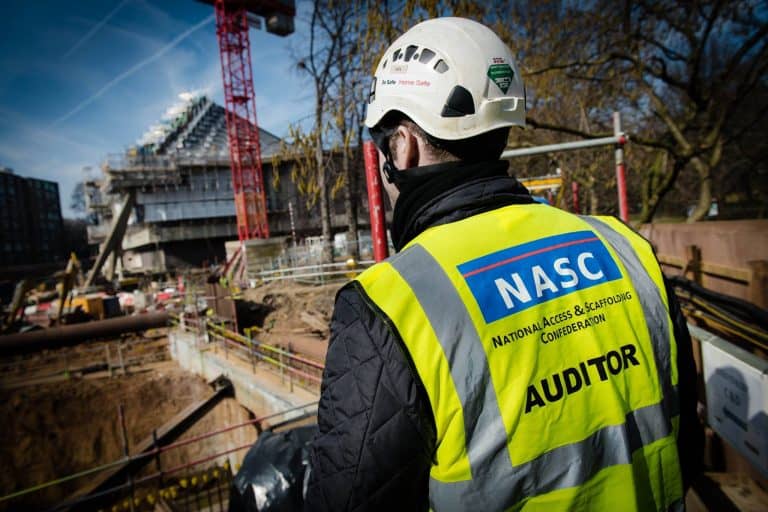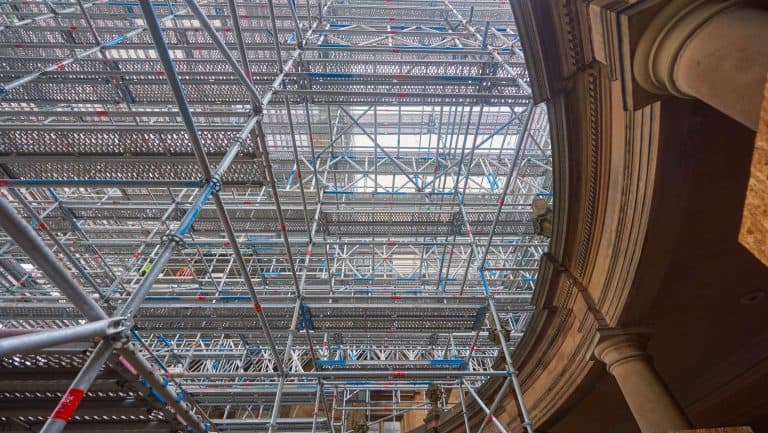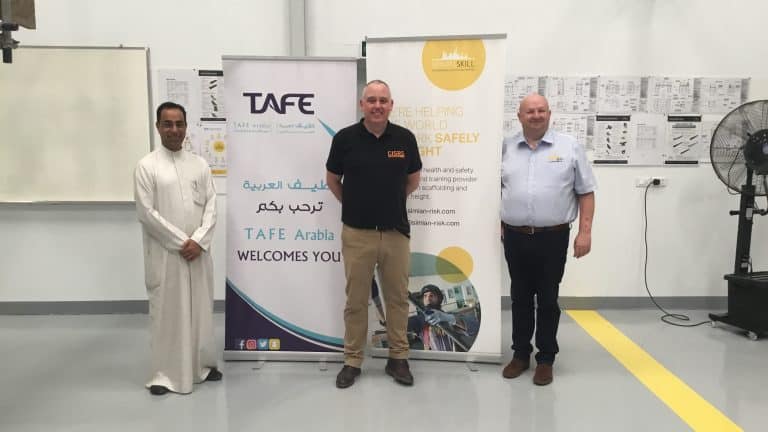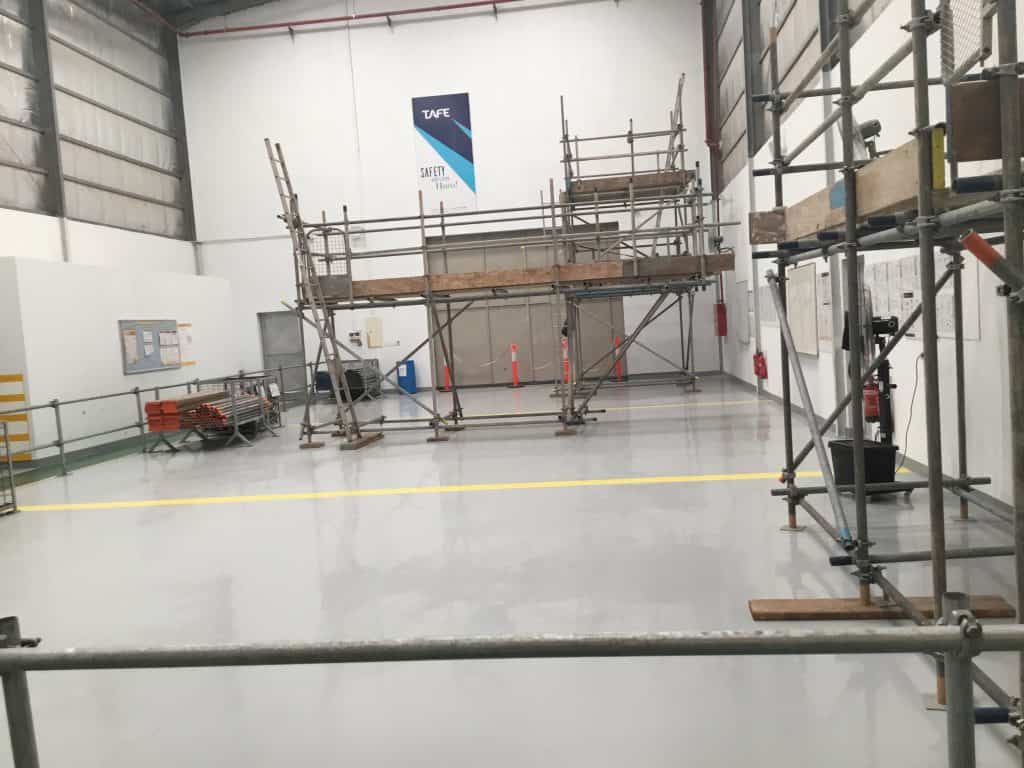Scaffolding trade body the Scaffolding Association (SA) has joined the mental health charity Mates in Mind to drive awareness across the scaffolding and access industry
The SA has announced it’s become a supporter of Mates in Mind, where they will be joining a growing community of more than 270 other organisations across the UK working in partnership to help to tackle the important issue of Mental Health.
Mates in Mind is a leading UK charity supporting employers to improve mental health by providing the skills, clarity and confidence on how to create supportive and mentally healthy workplaces for workers. James Rudoni, Managing Director of Mates in Mind said:
“We are delighted that The Scaffolding Association has now joined us in raising awareness and understanding on this important issue. It is increasingly recognised that mental ill-health is a widespread issue across UK workplaces, with the Health and Safety Executive reporting that 44% of work-related ill health cases in 2017 were attributed to stress, depression or anxiety.
Working alongside our partners, sector leaders and growing community of Supporters, Mates in Mind is delivering support to organisations of all sizes, to enable them to not only raise awareness but importantly improve the way they are working to address this issue in their workplaces. Importantly, through our work with employers and partners, our approach enables individuals within workforces to understand how, when and where they can get support.”
The SA is the UK’s largest independent trade organisation for the scaffolding and access sector. The organisation is campaigning to raise the standard of safety, quality and skills across the industry which also includes the health and wellbeing of its workforce. Robert Candy, Chief Executive of the SA said:

“We are very pleased to be partnering with Mates in Mind to highlight this important area of welfare to all our members. Such issues can go unrecognised and can have an impact on the business directly, so a change in culture must be activated for the benefit of both the worker and the employer.”
The SA concluded: Through this partnership, Mates in Mind will be engaging with the Association and its member companies who can also individually become Mates in Mind Supporters. Each organisation will then receive support and a range of benefits from the charity such as the development of a tailored action plan, campaign materials and access to a suite of communication. Advice as well as a range of training opportunities and more, are there to enable these organisations to drive long-lasting and meaningful change.
More details on Mates in Mind is available at: www.matesinmind.org














